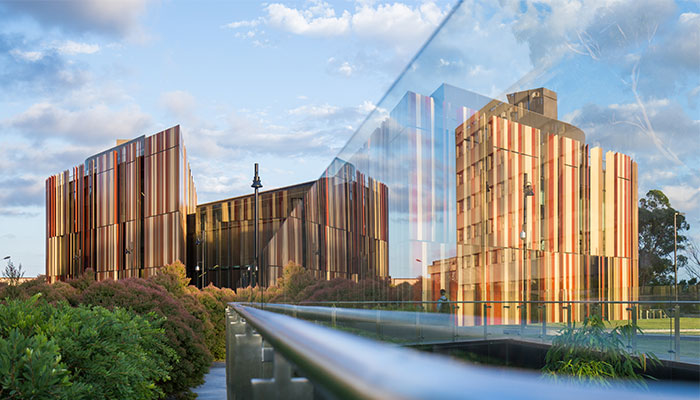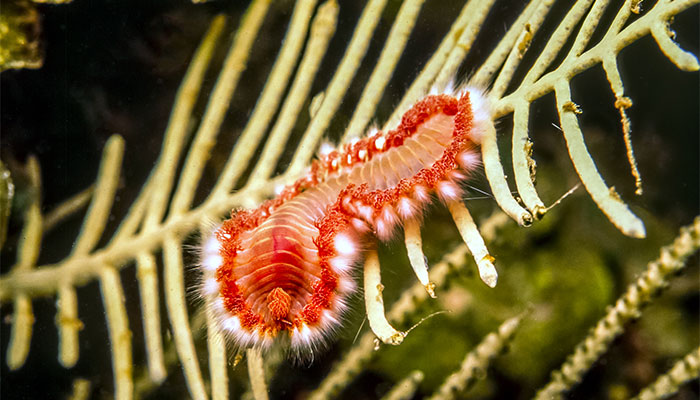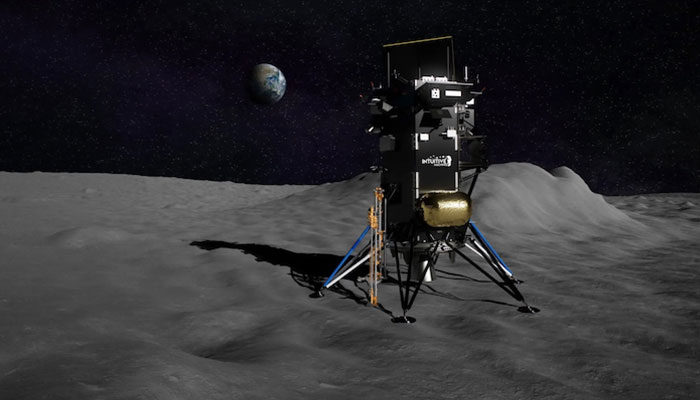An international team of scientists, including Macquarie University’s Dr Andrew Barron and Queen Mary University of London’s Dr Clint Perry, believe they may have worked out why bee colonies globally have been collapsing.
Colony Collapse Disorder is a significant international problem as there is concern that declining honey bee populations will harm successful crop pollination. In Australia the contribution of honey bees to crop production is estimated at $5 billion per annum.
Pathogens, pesticides, and nutritional deficits have previously been identified as stressors linked to Colony Collapse Disorder, but it was a mystery why bee colonies sometimes collapsed so rapidly, leaving bee keepers with an empty hive box.
The new study used radio tracking to follow thousands of bees throughout their entire lives to map their accelerated decline. The researchers found that bees reacted to stress by starting to forage when young, but the young precocious foragers did not cope well with having grown up too fast.
Precocious foragers completed fewer foraging trips in their lifetime, and experienced a higher rate of early death, putting pressure on the colony social structure. This disrupted the colonies’ finely balanced social dynamics, triggering a population collapse.
“Bee colonies contain a precise balance of bees specialised in the different roles the society needs. If that balance is upset by young bees starting to forage early, sometimes the colony cannot cope,” said Dr Barron of Macquarie University’s Department of Biological Sciences.
“There is a breakdown in division of labor, and loss of the adult population, leaving only brood, food and few adults in the hive.”
With their greater understanding of the collapse process, the authors are now exploring possible strategies to improve colony resilience including rescue packages for sick colonies, and new sensors to detect colonies at risk of failure.
Since 2007 Dr Barron and his team have been studying how animals with small brains are capable of solving complex problems. In particular, their exploration of the neurobiology of major behavioural systems in bees is becoming foundational work for understanding and developing more complex neurological systems, such as a bionic human brain. In 2015 Dr Barron was awarded an ARC Future Fellowship to develop a computational model of the honey bee brain.
Clint J. Perry, Eirik Søvik, Mary R. Myerscough, and Andrew B. Barron, “Rapid behavioral maturation accelerates failure of stressed honey bee colonies,” Proceedings of the National Academy of Sciences.
Colony Collapse Disorder is a significant international problem as there is concern that declining honey bee populations will harm successful crop pollination. In Australia the contribution of honey bees to crop production is estimated at $5 billion per annum.
Pathogens, pesticides, and nutritional deficits have previously been identified as stressors linked to Colony Collapse Disorder, but it was a mystery why bee colonies sometimes collapsed so rapidly, leaving bee keepers with an empty hive box.
The new study used radio tracking to follow thousands of bees throughout their entire lives to map their accelerated decline. The researchers found that bees reacted to stress by starting to forage when young, but the young precocious foragers did not cope well with having grown up too fast.
Precocious foragers completed fewer foraging trips in their lifetime, and experienced a higher rate of early death, putting pressure on the colony social structure. This disrupted the colonies’ finely balanced social dynamics, triggering a population collapse.
“Bee colonies contain a precise balance of bees specialised in the different roles the society needs. If that balance is upset by young bees starting to forage early, sometimes the colony cannot cope,” said Dr Barron of Macquarie University’s Department of Biological Sciences.
“There is a breakdown in division of labor, and loss of the adult population, leaving only brood, food and few adults in the hive.”
With their greater understanding of the collapse process, the authors are now exploring possible strategies to improve colony resilience including rescue packages for sick colonies, and new sensors to detect colonies at risk of failure.
Since 2007 Dr Barron and his team have been studying how animals with small brains are capable of solving complex problems. In particular, their exploration of the neurobiology of major behavioural systems in bees is becoming foundational work for understanding and developing more complex neurological systems, such as a bionic human brain. In 2015 Dr Barron was awarded an ARC Future Fellowship to develop a computational model of the honey bee brain.
Clint J. Perry, Eirik Søvik, Mary R. Myerscough, and Andrew B. Barron, “Rapid behavioral maturation accelerates failure of stressed honey bee colonies,” Proceedings of the National Academy of Sciences.



